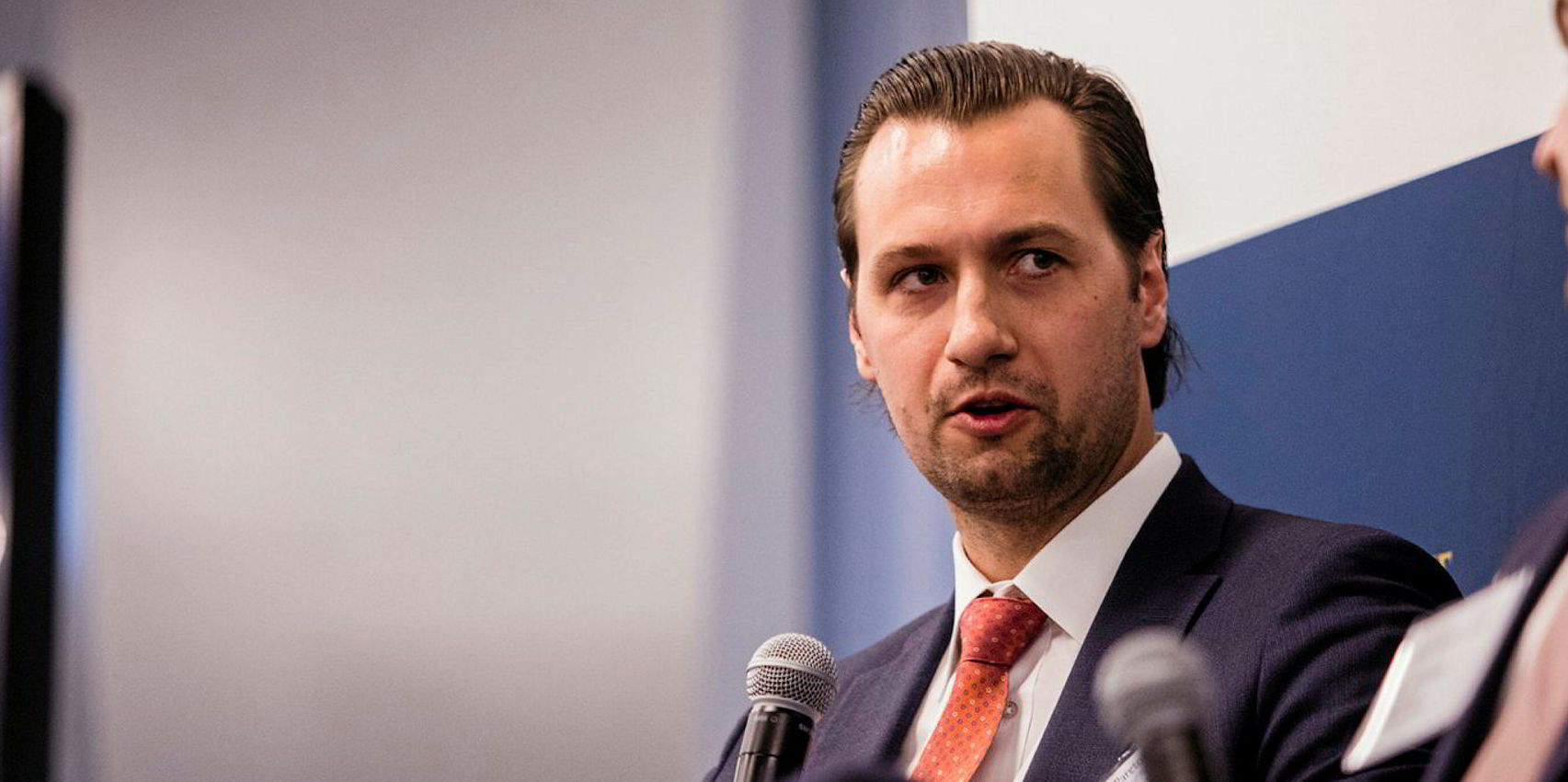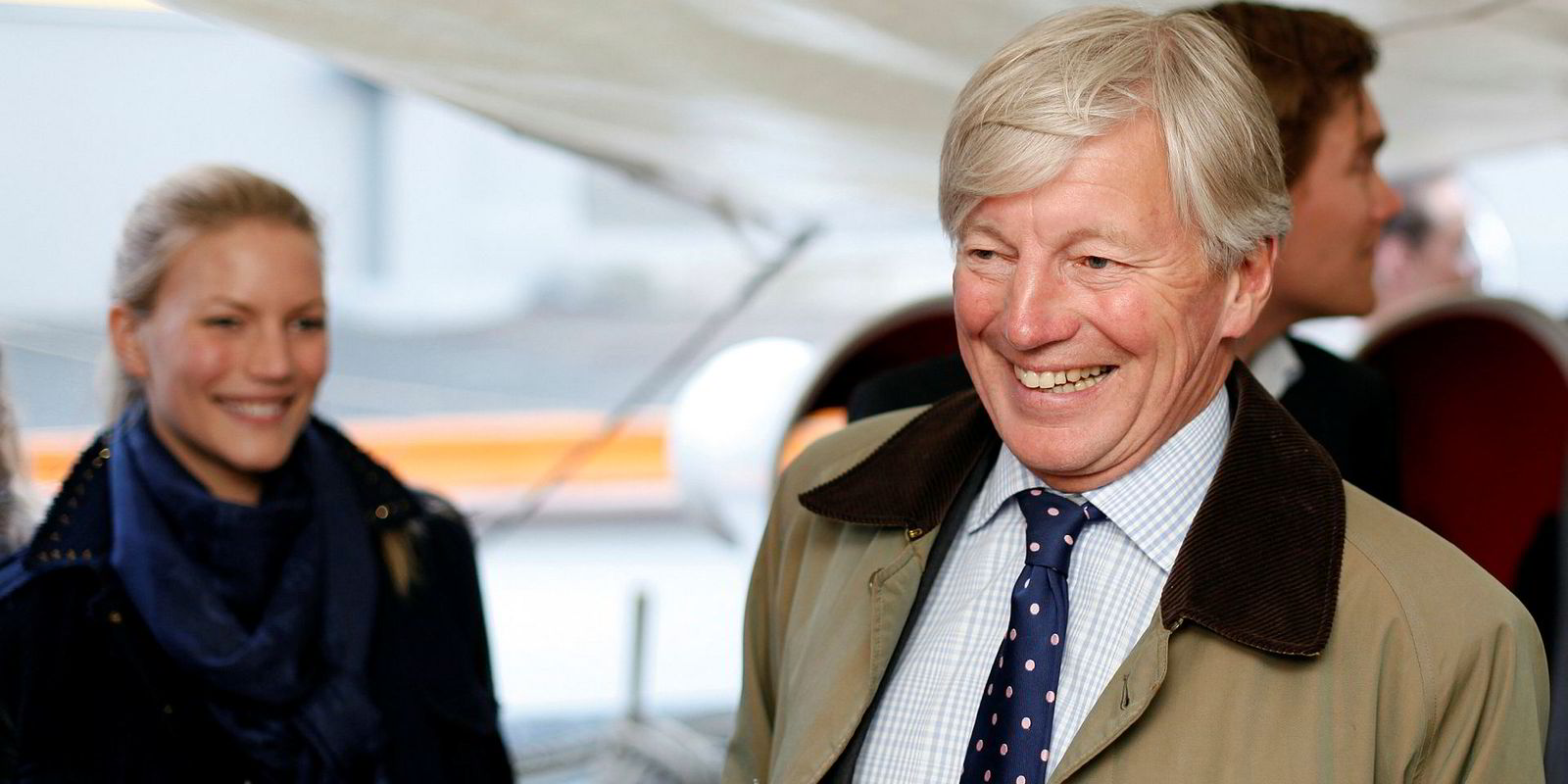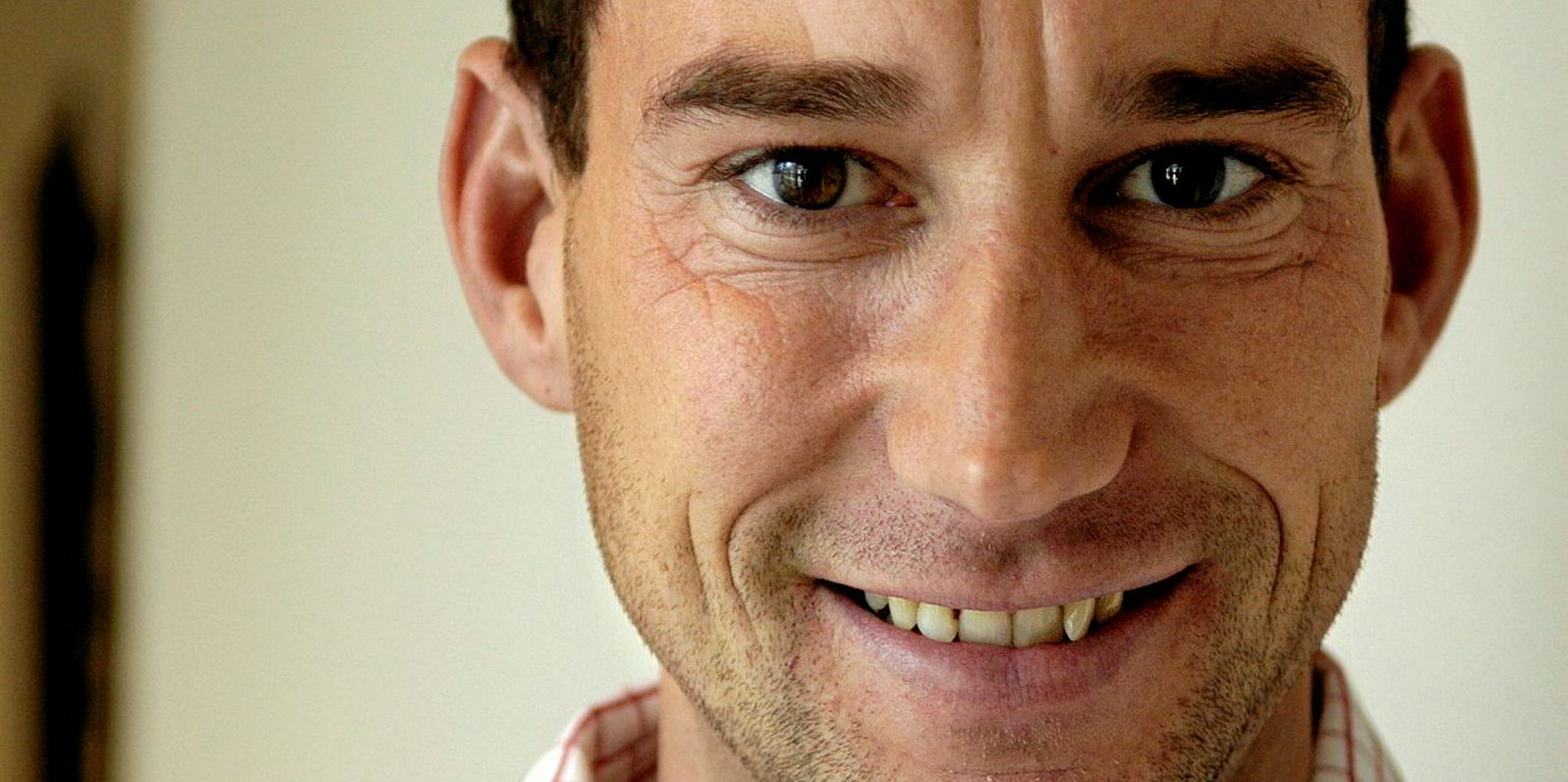London-based ship finance boutique Maritime Asset Partners (MAP) is set to close on its first dry bulk investments including handysize and capesize vessels.
But its short-term pipeline also includes at least one deal in what is still MAP’s strong suit: tankers.
The imminent contracts include both deals financing multiple ships and individual vessels, company partners Ivan Dyrtchenko and Oscar Ulstein told Trade-Winds.
Since taking its first steps some two years ago, Norwegian and Kuwaiti-backed sale-and-leaseback specialist MAP has built up a substantial mixed fleet from public and private owners in Europe and North America.
Dyrtchenko and Ulstein run MAP from its base in London for a group of shareholders that includes prominent Norwegian shipping names and Kuwait’s Wafra Capital Partners.
"It's been a busy couple of years," Dyrtchenko said. "We think we have proven our ability to execute with approximately $400m in transaction volume and about 30 ships, and now it is time to build out."
They now plan to add both staff and fleet, including new tonnage types.
“It’s not so much that we are trying to balance our book, as that we are trying to find the transactions that will work through the cycle,” Ulstein said.
"We have built a sustainable platform that we think will balance itself out. In 2018 and 2019, we saw attractive opportunities in tankers and now we are seeing attractive dry bulk deals as well."
He underscored that the company is "segment agnostic".
Dyrtchenko and Ulstein said MAP operates as a corporate financier rather than a fund.
It does equity financed business, with or without the help of senior facilities that Ulstein said have "allowed us to sharpen our pencil on the cost of capital". Financial leases at loan to value (LTV) ratios from 50% to 80% are on offer.
"With our senior facilities, we are now able to do more flexible lease structures for the lower LTV deals and still maintain our speed of execution," Ulstein said.
MAP does an average deal size of $20m to $30m.
"But we are focused on counterparties, so if we did a $5m or $10m one-ship deal, it would be with the understanding that repeat deals would be likely with the same owner," Dyrtchenko said.
Ulstein said MAP is picky about clients, both from a financial and an operational standpoint.
“We look at the technical condition of their ships and their operational history, and we monitor vessels throughout,” he said.
“It’s important that owners have put sufficient capital towards making vessels attractive to charterers.”
MAP so far has been best known for aframax and suezmax financings for New York-listed Teekay Tankers, and a series of product tanker transactions with Bergen’s Champion Tankers and its investment ally, EGD Holding.
The fleet currently numbers at just under 30 vessels, which is reduced after a few exited through refinancing deals.
The MAP fleet still consists of about 60% tankers, balanced between crude and product, with about 20% boxships and some exposure to gas in the form of larger LPG carriers, whose beneficial owner the partners declined to name.
They also remained cagey about the company connected to their containership investment, which consists of a group of panamax vessels over 10 years old in service for "a leading liner company".
Redeliveries include some product tankers and also multipurpose ships.
With rising asset prices, Champion Tankers and EGD Holding have taken back at least three in what TradeWinds believes is a series of five MR2 product tankers. MAP did not comment on the status of the remaining vessels.
Although MAP does not publish a fleet list, TradeWinds was able to identify 15 tankers the company has financed, including six aframaxes and two suezmaxes for Teekay Tankers, two MR1 tankers for Greece's Ancora Investment, and the five Champion Tankers and EGD Holding MR2s.






